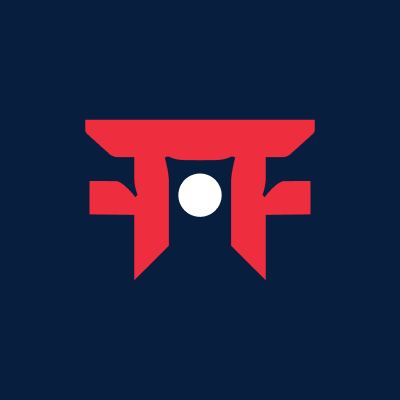An overview of on-chain game engines worth paying attention to: the key to driving the maturity of the entire chain game
Original Title: Onchain Game Engines
Original Author: WILLIAM M. PEASTER
Original Compilation: 深潮 TechFlow
What are Onchain Games and Why Are They Important?
Onchain games refer to games where the core logic, rules, assets, and state are directly stored on the blockchain, with Ethereum or Ethereum Virtual Machine (EVM) networks being the most common blockchains to date.
Unlike traditional offchain games or hybrid onchain-offchain games, every action, transaction, and progress in onchain games is recorded on the blockchain. This approach has a range of value propositions, namely:
Ownership ------ Players truly own their game assets, which can be traded, sold, or used across different games as NFTs.
Transparency ------ Game rules and mechanics are open and verifiable to anyone, ensuring fairness and allowing third-party builders to create unique experiences on top of the core game.
Interoperability ------ Assets and progress can be used across multiple games or platforms.
Economics ------ Players can earn real-world value through crypto-economic gameplay, turning leisure time into potentially profitable opportunities.
Decentralization ------ Games are not controlled by a single entity, allowing players to more easily participate in the governance of the games they are interested in.
*
Different Onchain Game Engines
- Onchain game engine projects come in various forms and scales. For instance, some are open-source and aimed at the gaming ecosystem, while others are proprietary and custom-built to drive a single game.
To help you better grasp the fundamentals of this landscape, I have listed below some key onchain game engine projects that you should keep an eye on, as they will shape the future of blockchain-based gaming experiences.
MUD

Lattice is a team building MUD, an open-source framework for developing onchain applications, applicable to games and more. Currently, the majority of onchain games are built on MUD.
Overview: MUD provides game developers with a flexible toolkit to easily create onchain games. Through its "Store" mechanism, it offers a ready-made, secure game data storage, eliminating the need to build from scratch. Meanwhile, "World" manages the interaction of different game parts with this data, simplifying the development process and allowing developers to focus on gameplay.
Example Games: OPCraft, Skystrife, Kamigotchi.
Dojo

Under the guidance of tarrence.eth and other members of the Starknet gaming community, Dojo is a game engine and tech stack optimized for autonomous world games on Starknet.
Overview: Dojo leverages Cairo, an advanced language designed to allow massive computations to be compressed into a single proof. Thus, the adaptability and efficiency of this engine make it a powerful choice for developers attempting to create complex and transparent gaming experiences on Starknet L2.
Example Games: Roll Your Own, Influence.
World Engine

The World Engine being developed by Argus aims to be a sharded rollup tech stack to support and scale onchain games.
Overview: The World Engine will be a foundational sharded L2 + game engine combination, where the foundational sharding can support many independent, customizable game shards. Here, note that previous creators have hinted at "location-based" sharding, which may resemble regional server functionality.
Keystone

Created by the Curio team, Keystone is a rollup framework built on the OP stack, designed to facilitate high-performance onchain gaming.
Overview: The Keystone L2 framework is built on a "high refresh rate" game engine, specifically tailored for real-time strategy games like Age of Empires. It will support various data availability (DA) layers, starting with Celestia.
Example Games: Treaty, Warcraft.
Conclusion
Of course, in addition to the more popular onchain game engines already covered, there are many other pioneering projects in this field.
For instance, Paima Studios is a game studio developed around the eponymous Paima, a unique framework designed to tailor L2 for gaming experiences. Playmint is another innovative studio developing "client proofs," a new approach to onchain game mechanics.
Other teams that specialize in building their own custom engine architectures include Topology, a Starknet-based team focused on digital worlds (also known as "onchain reality"), and Pirate Nation, an onchain RPG whose "mirroring" technology allows it to seamlessly link L2 activities with its Pirate NFTs.
Certainly, the onchain game engine projects mentioned in this article do not cover everything, but the projects highlighted here are typical representatives of the current wave of innovation at the intersection of blockchain and gaming. If a new era of gaming truly arrives, engines like these will lead the way into the future.













